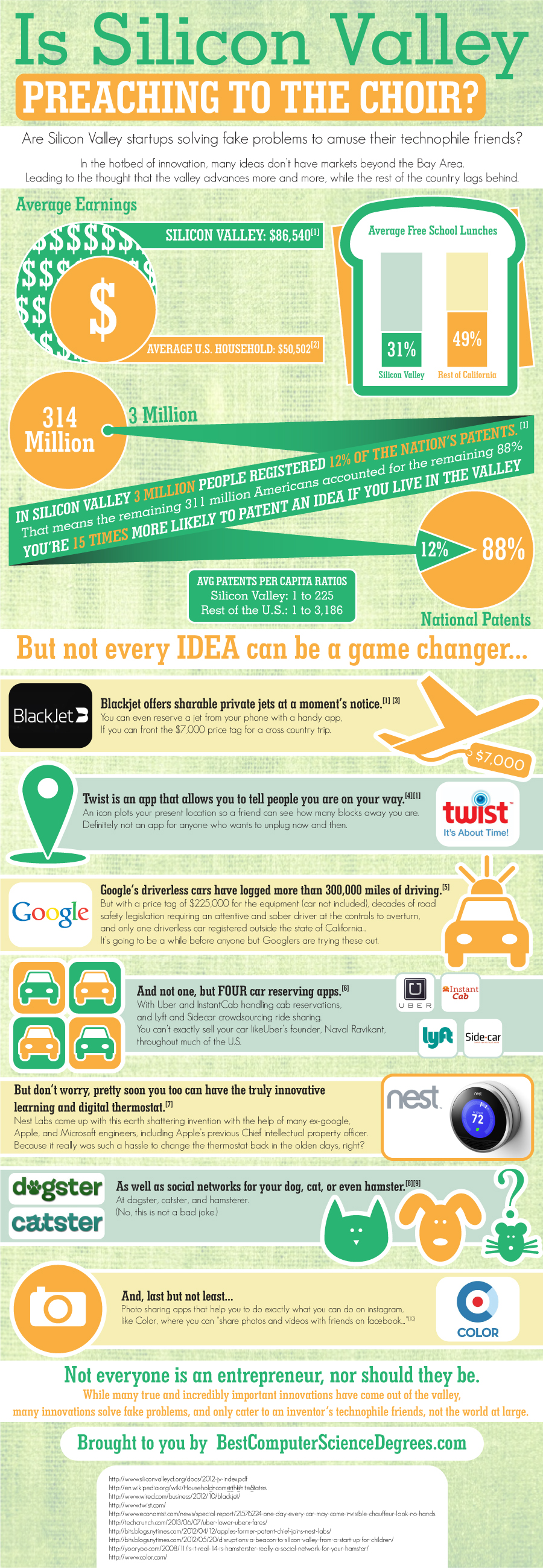Tag: digital
-

IT And The Internet: The Last 30 Years
The internet has come a long way in the last 30 years. Remember, we can now order pizza : ) directly from our computers and mobile devices. To celebrate the miracle of the internet led revolution we decided to create an infographic detailing the major breakthroughs since 1984 and up to now. Let us know…
-

Teenage Clicks – Are you ready for the digital first era?
Nationwide survey of 13-17 year olds reveals economic opportunity from generation’s IT aspirations and expectations Slough, UK, 9 December 2013: A survey of more than 1000 UK 13-17 year olds points to a future workforce that is ‘digital first’ in everything it does, and whose digital talents could bring significant economic value to the UK.…
-

7 Ways to Increase Agency Profits
Synergist have created this infographic based around tackling agency profitability. With feedback from current users, Synergist have included the 7 high-impact wins that can be achieved with an agency management system.
-

Is Silicon Valley Preaching to the Choir?
Are Silicon Valley startups solving fake problems to amuse their technophile friends? In the hotbed of innovation, many ideas don’t have markets beyond the Bay Area. This leads to the thought that the valley continues to advance while the rest of the country lags behind.
-

Do You Have Digital Eye Strain?
Computer Vision Syndrome (CVS) is now the most common computer-related repetitive strain injury, are you at risk?

